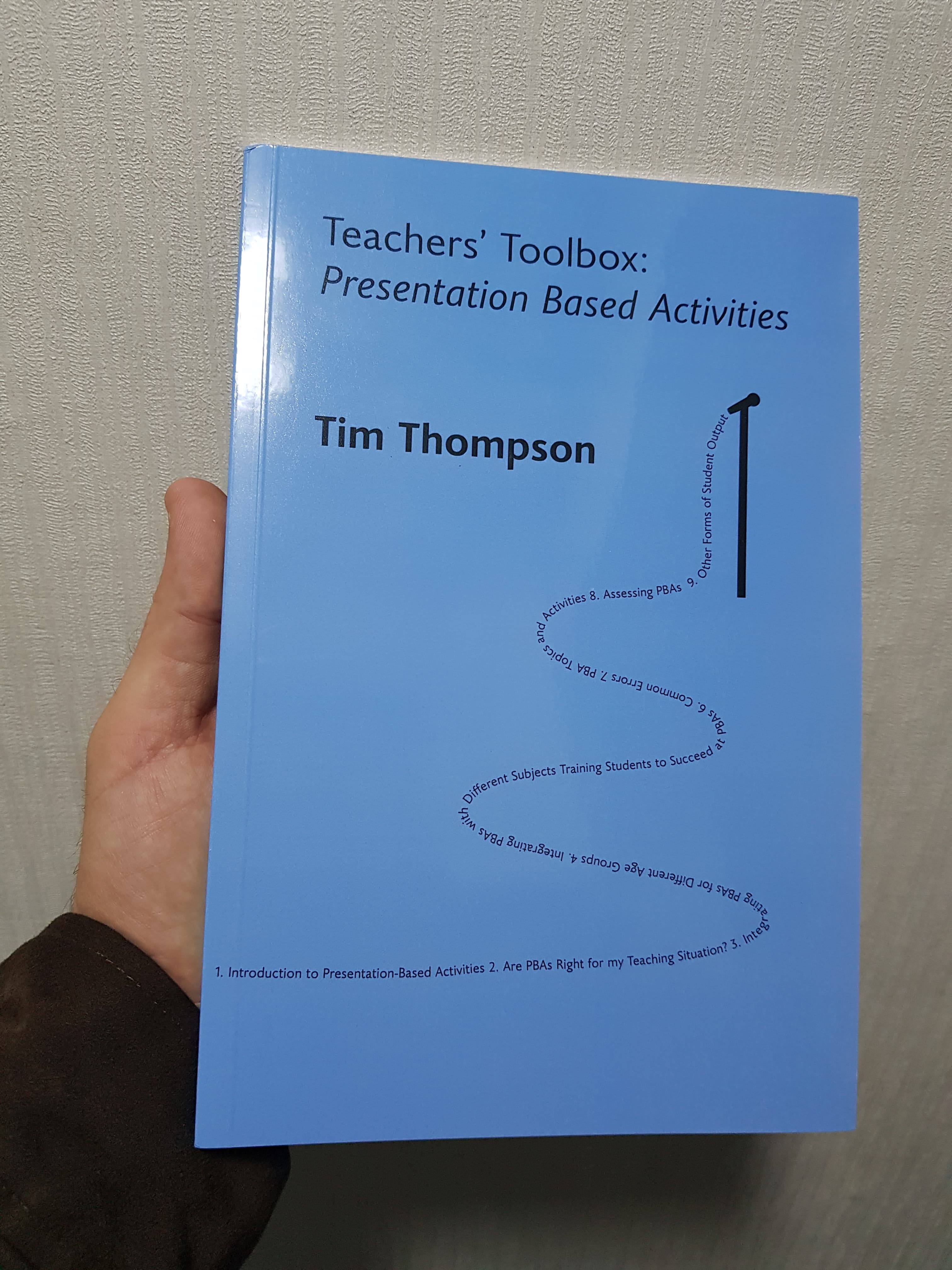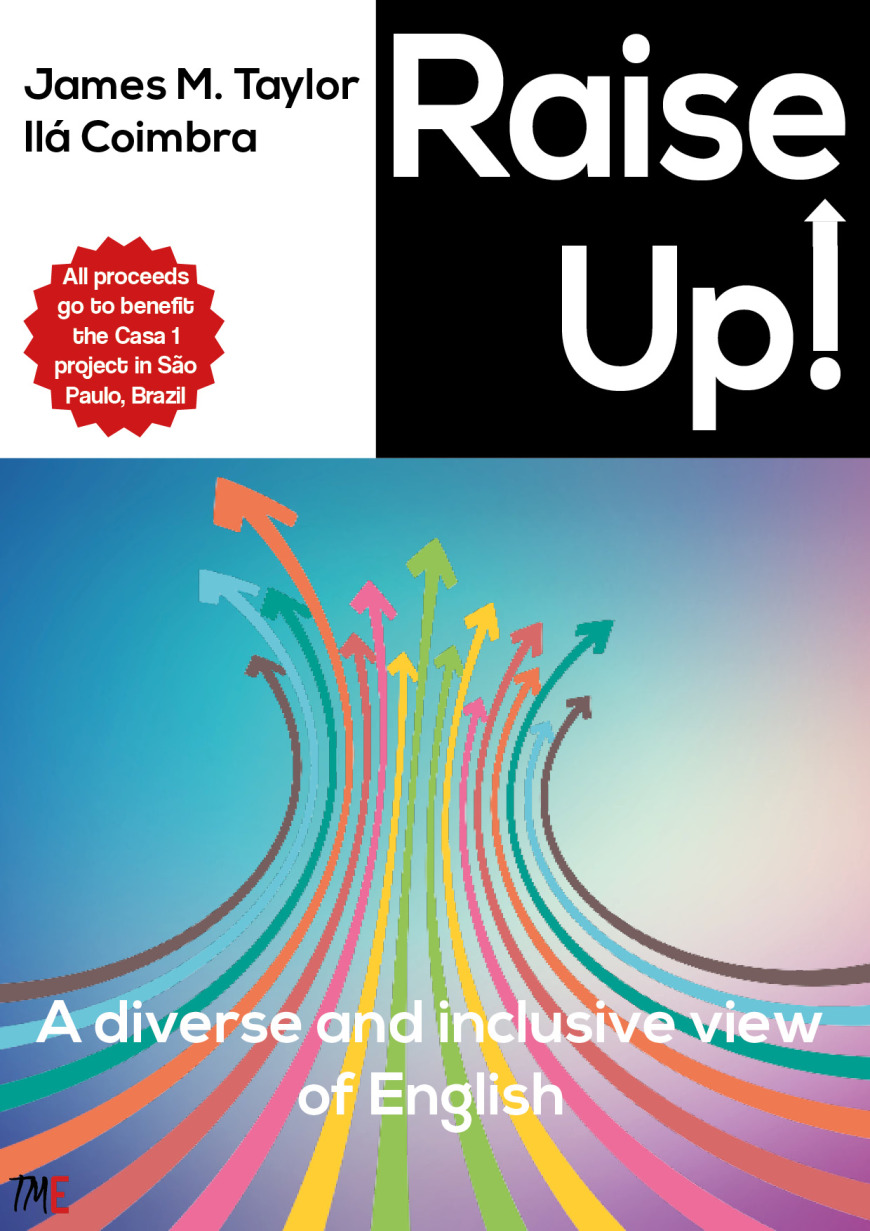 The ELT Workshop
The ELT Workshop
Timothy Hampson
When Mike Griffin (of the ELT Rants, Reviews and Reflections blog) and I started The ELT Workshop, under an unofficial slogan “ELT coursebooks for people who hate ELT coursebooks,” we had big plans. There were ideas that we might make a thousand dollars in the first year, we had a list of about 20 books that we would produce, and we even put a manifesto on our website.
Three years on, we have realized the process of getting books published is hard and full of setbacks, and that making money doing it is even harder. So when I got the opportunity to write this post about starting an ELT publishing company, I decided to talk about some of the difficulties we’ve had and some of the ways we’ve solved those problems.
Time turned out to be the biggest issue we’ve had with the business. Ideas for books are plentiful, but having the time to actually get those onto the page is difficult. I have found for myself that working on the company projects often ends up being the first thing that doesn’t get done when times get busy. For a classroom teacher, there are always unexpected things that need to be done urgently, so The ELT Workshop ideas get put on the backburner. When you’re working with a partner and an author, you might all end up being free at different times, which means work that requires any kind of back and forth – and takes forever.
We have also learnt there’s a lot to learn in publishing. There were a lot of “known unknowns,” such as learning to typeset well or advertising a book. We knew we’d have to sink some time into learning these skills to run the company. At the same time, there were a lot of things we didn’t know we didn’t know. As an example, making a Kindle book look good and be easy to read isn’t as easy as you’d think. While we have quite a good handle on them now, we spent a lot of time learning these skills that we didn’t know would prove to be so important.
Another problem has been that following the blueprint of large publishers hasn’t worked for us, especially in terms of sales. We originally took quite a “if you build it, they will come” attitude to sales and advertising. This didn’t play out so well for us at first. As a small company, be prepared that people don’t notice it when you put something out as much as they might for a larger company.

Despite all of these setbacks, I’m feeling very optimistic about the future of The ELT Workshop. We recently published our first book “Teachers’ Toolkit: Presentation Based Activities” by Tim Thompson. Seeing something you were involved in making feels great and has motivated me to do more. The company’s start has been slow, but we have found some solutions from the publishing process. In terms of organizing our time, we have learned to batch tasks to avoid back and forth. We can do all of the editing first and then all of the typesetting, which would mean less time spent waiting for replies. We have learned a huge deal from our experience so far and we are more ready than we were before.
If you’re considering starting up a side project in ELT, please don’t let this article put you off. It is important to try and be realistic about what might be difficult.

 How You Can Self-Publish and Fill the Gap
How You Can Self-Publish and Fill the Gap
